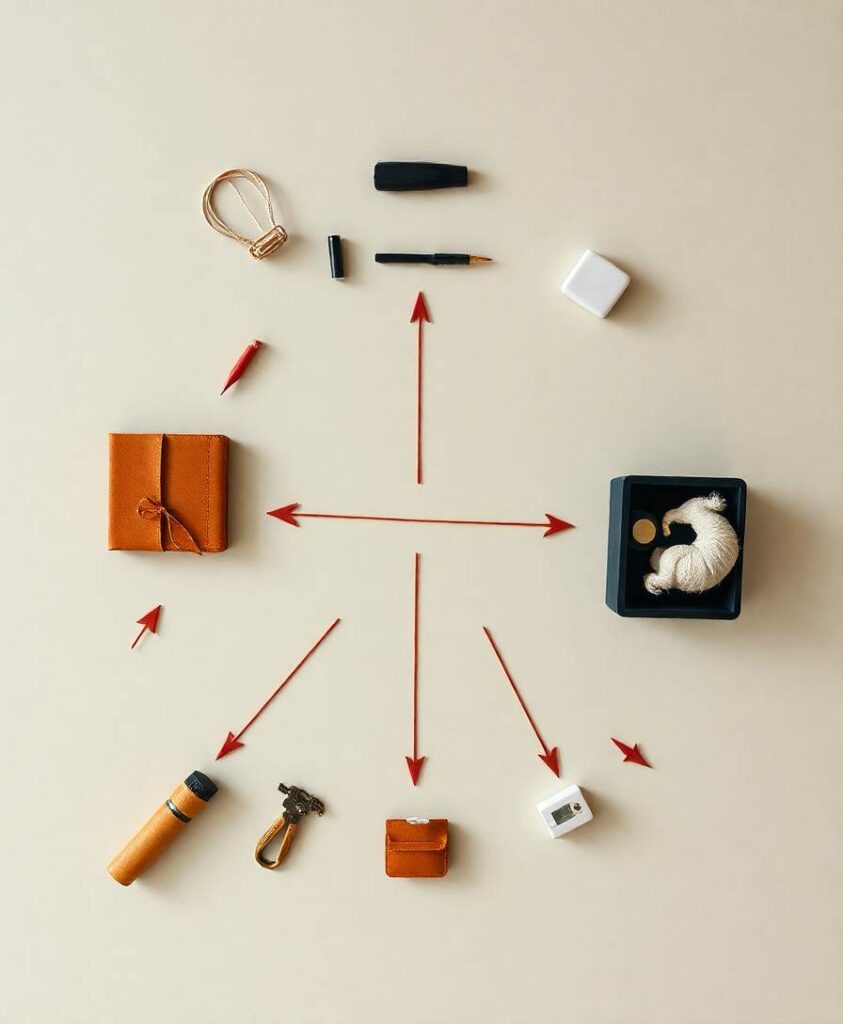Imagine waking up in the morning, feeling the familiar sensations of your body—the way your muscles tighten as you stretch, the warmth of your skin, the rhythm of your breath. Now, picture how that connection to your body might be influenced by the people around you—your family, your community, your cultural background. For many young women, those early impressions of body appreciation or dissatisfaction are often woven into the fabric of family relationships and cultural norms.
If you’ve ever wondered why your feelings about your body differ from those of your friends or why certain beauty standards seem so deeply ingrained, the answer might lie in the subtle but powerful influence of family and culture. A recent international study shines a light on these dynamics, comparing how Middle-Eastern and Western societies shape body image through family interactions.
How Family and Culture Shape Body Image and Eating Behaviors
This research, involving over 850 women aged 18-25 from Australia and Lebanon, explores the nuanced ways that mothers and sisters influence body dissatisfaction, appreciation, and eating habits. It reveals that these family relationships are not just background noise—they are active, shaping forces that can either foster positive body image or deepen dissatisfaction.
In Western societies like Australia, the emphasis on individualism often promotes a pursuit of personal beauty ideals—sometimes leading to body dissatisfaction if those standards aren’t met. But within families, there can be contrasting messages—supportive, body-positive conversations or, conversely, critical comments that fuel negative feelings about one’s body.
In Middle-Eastern cultures like Lebanon, family ties are often deeply rooted in tradition and collective values. The study shows that mothers and sisters play a significant role in shaping how young women view their bodies—whether as a source of pride or concern. Cultural norms around modesty, beauty, and social expectations influence how these women perceive themselves and their eating habits.
Importantly, the research emphasizes that these influences are not static; they evolve over time, shaped by ongoing family interactions and cultural shifts. For young women navigating their identities in a globalized world, understanding how their family environment impacts their body image can be empowering—and sometimes revelatory.
Why Recognizing the Role of Family Matters for Healthy Body Image
If you’re trying to foster a healthier relationship with your body, recognizing the role your family plays can be a game-changer. Whether it’s a mother’s supportive words or a sister’s shared experiences, these interactions can either reinforce harmful standards or promote acceptance and appreciation.
Sometimes, unspoken family expectations about appearance can subtly influence eating behaviors—leading to restrictive dieting, emotional eating, or body dissatisfaction. Being aware of these influences helps you see where certain beliefs might originate, giving you space to reflect and choose healthier narratives.
The takeaway? Your body image isn’t just a personal matter—it’s shaped by the cultural and familial stories you carry. Understanding these dynamics allows you to challenge negative influences and cultivate a more compassionate, authentic appreciation for your body, rooted in your unique cultural and family identity.
How this research can inform your journey toward body acceptance

Whether you’re in Australia, Lebanon, or anywhere in between, noticing how your family influences your body image can be a first step toward healing and growth. Engaging in open conversations, setting boundaries around comments on appearance, and embracing cultural pride can all support a more positive body relationship.
Remember, your body is a vessel for your experiences, your culture, and your story. By understanding the family and cultural influences at play, you can begin to rewrite the narrative—one of appreciation, respect, and self-love.
For anyone seeking to understand how family shapes body image across cultures, this study offers valuable insights into the complex interplay of tradition, relationships, and personal identity.
Learn More: Family dynamics shape body image differently across cultures
Abstract: Body appreciation differs between Middle-Eastern and Western societies, a new international study can reveal, highlighting how cultural and family influences shape body image and eating behaviors in young women. The study surveyed over 850 women aged 18-25 in Australia and Lebanon, examining the roles that mothers and sisters play in shaping body dissatisfaction, body appreciation, and eating patterns.
Link: Read Full Article (External Site)


